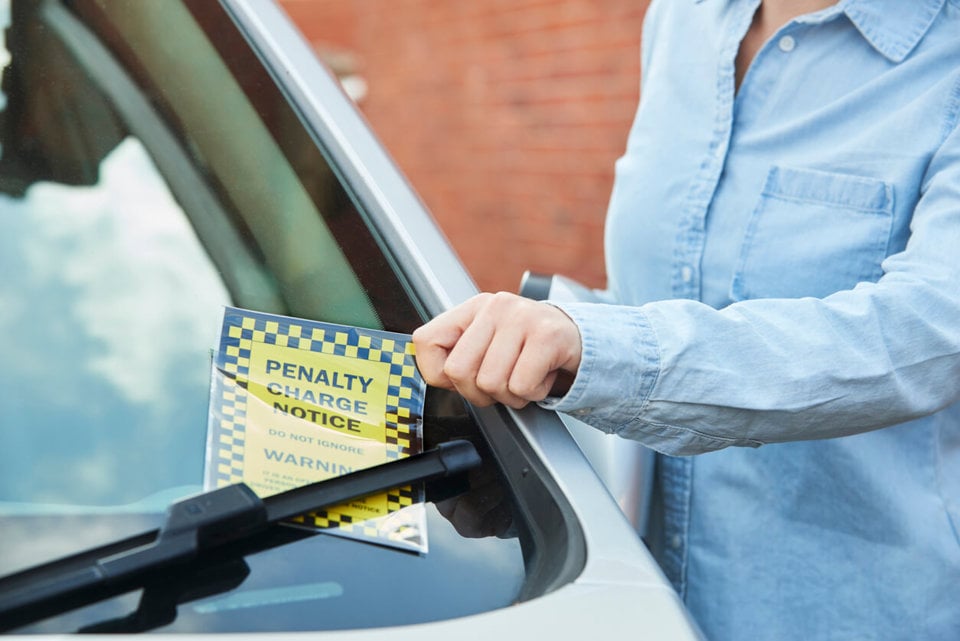The vast majority of local authorities in England are making a profit from issuing parking tickets, according to figures analysed by the RAC Foundation.
In 2011-12, English councils had a total current account surplus of £565 million from their on and off street parking operations.
This figure is a £54 million increase on the £511 million surplus seen in 2010-11 - a 10% rise.
Even where huge ‘profits' are absent, the picture is still largely one of surplus rather than deficit with just 52 (14%) of the 359 councils reporting negative numbers.
And even after capital charges are taken into account, the combined surplus in 2011-12 was still £412 million.
The data, studied for the RAC Foundation by David Leibling, comes from the annual returns that councils make to the Department for Communities and Local Government.
The authority with the biggest income is Westminster Council in London which made a surplus of £41.6 million in 2011-12. Only Brighton and Hove, and Cornwall councils break into a top ten dominated by London authorities.
The huge sums being made from local authority parking are revealed just days after a judge declared that Barnet Council had acted illegally in trying to set charges to raise general revenue, rather than as part of its traffic management plan.
Professor Stephen Glaister, director of the RAC Foundation, said: "For many local authorities, parking charges are a nice little earner, especially in the capital.
"Not all authorities make big sums. Several run a current account deficit and indeed of those with surpluses many will see the money vanish when capital expenditure is taken into account.
"But the bottom line is that hundreds of millions of pounds are being contributed annually to council coffers through parking charges and the drivers who are paying them have a reasonable expectation to see the cash spent on improving the roads.
"In fact it is enshrined in law - as underlined by the Barnet case last week - that profits gained from on street charges and penalties must be ploughed back into a very limited number of things including maintaining the roads."
English councils make half a billion pound ‘profit’ from parking
- By Fleet News
- |
- 1 August 2013
- News














Spade - 02/08/2013 12:24
Interesting, but not surprising figures. As with central governemnt taxation (VED et al) it is the motorist who is always the easy hit. A tiny fraction of central govt motoring related taxes get re-invested into our road and transport network. No wonder public transport in our major towns and cities is so pathetic - what possible incentive is there for local and regional councils to discourage people using their car ? Despite all of the easy hit tax and fine raising enjoyed by local and central govt at the expense of the mororist we are still viewed as "the anti Christ" by most of these public officials. It is long over due time that these political hypocrits recognised the massive value that the wider automotive industry has to the UK and stop treating car users like red headed step sons !!